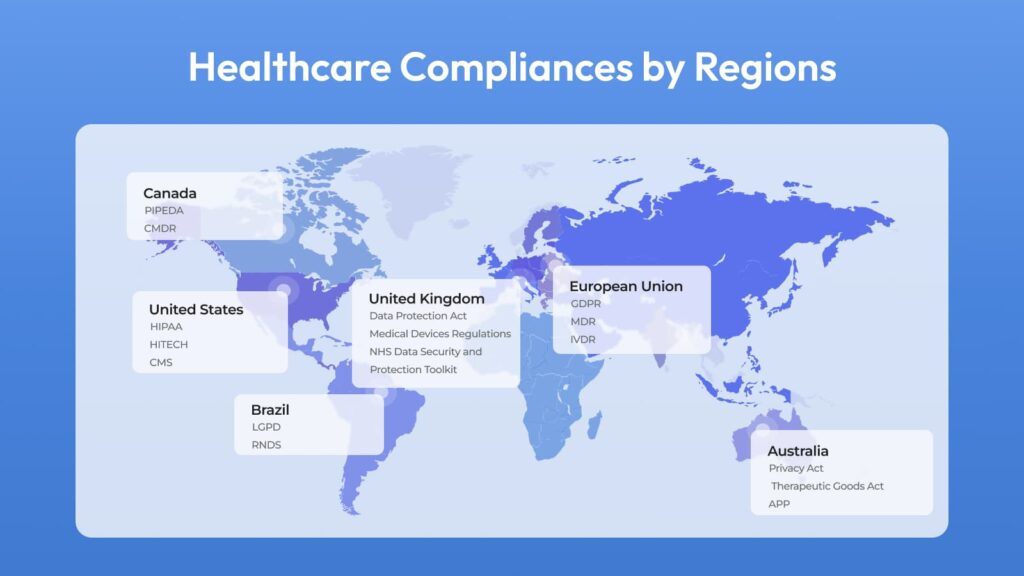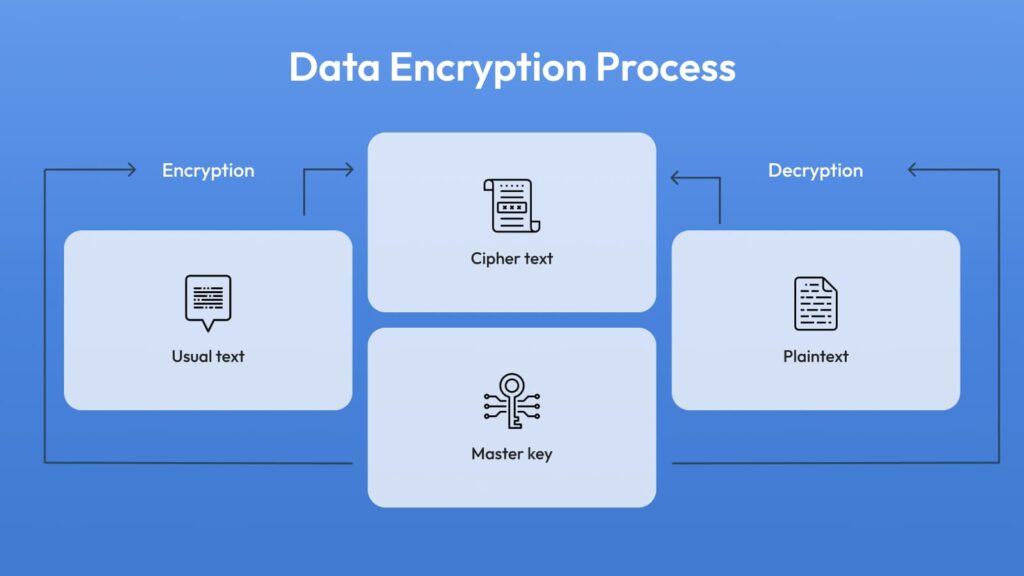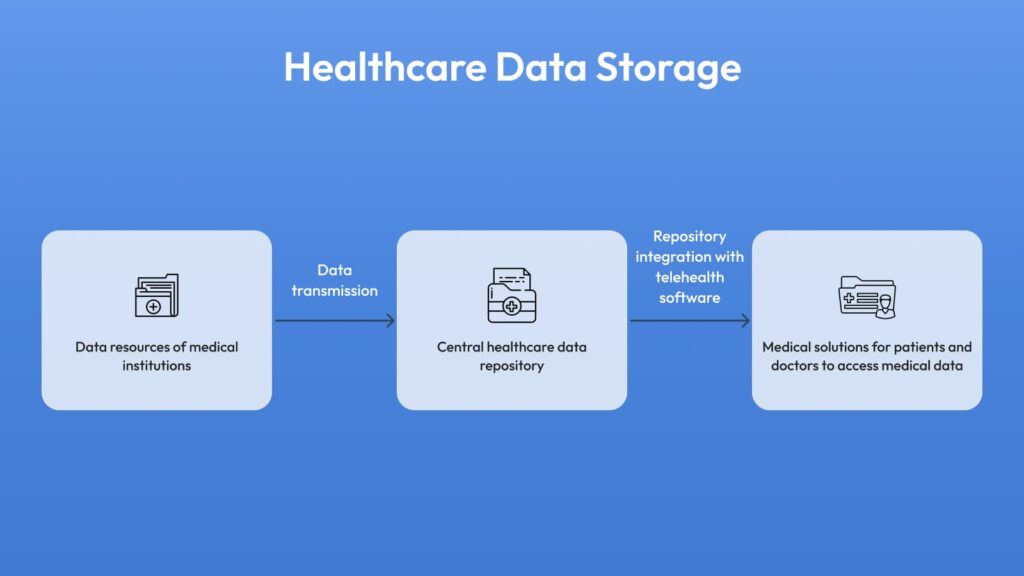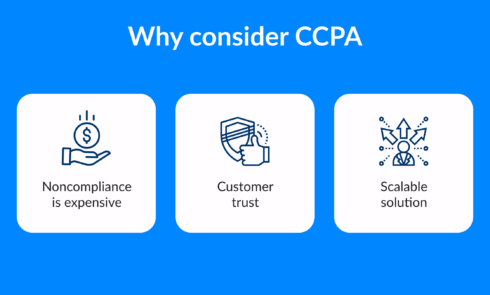Medical staff in industry settings handle large amounts of information from various sources, such as patient records, test results, administrative info, etc. This info plays a crucial role in ensuring quality customer service.
We’ve prepared a post concerning necessary requirements you should adhere to, best practices for ensuring confidentiality of medical record management systems. Start reading it now to dive deeper into the subject of health info repository!
Essential Requirements for Domain Data Storage
Clinical info repository systems must adhere to strict requirements ensuring safety of health information. Implementing robust security measures will protect customers, improving the credibility of the business, thus strengthening its position in the market.
Adherence to regulations. It is important to ensure that info saved for the industry adheres to relevant regulations/standards, such as HIPAA or GDPR.

Access secured. Authentication mechanisms are necessary for limiting access to authorized users in medical data repository systems. It is essential to have an authorization system in place for controlling access to different levels of information based on the user’s role or permissions.
Physical safety. The info should be stored in a physically secure room with limited access. Implement security measures such as access control, video surveillance, physical access protection mechanisms.
Separating records physically/logically. Implement info categorization measures protecting sensitive medical information along with preventing unauthorized access.
Penetration testing. It is recommended to conduct regular penetration testing to identify vulnerabilities in your medical information storing system. Medical data security requirements may vary depending on the laws including regulations of healthcare info safeguarding companies in different countries.
Securing information. Medical data should be encrypted at all times, using strong encryption algorithms or securely storing encryption keys for security ensurance.

A Deep Dive into Health Data Repository Methods
There are three main cloud types of healthcare data storage methods: on-premises, cloud, hybrid. The choice of storage option can impact how medical info is stored, with each option catering to specific business needs.
Local storage systems (On-Premises)
On-premise health info storage involves the practice of storing medical information within a domain organization’s physical infrastructure. This method entails the organization managing its own servers, devices, networking equipment for management of healthcare info. Data migration in healthcare may be necessary when transitioning from on-premise storage to cloud-based solutions or when upgrading existing systems.
Cloud storage
Cloud record repository in health care involves the repository of medical information on remote servers together with infrastructure provided by cloud service providers. Health care organizations can choose for utilizing a third-party cloud provider for info management, rather than maintaining their own physical infrastructure.
Hybrid storage
Hybrid healthcare info storage combines on-premises together with cloud-based storage solutions for managing medical info. Organizations use a mix of local infrastructure with cloud services in this model.
Selecting an appropriate storage system is determined by factors such as organizational needs, security and privacy levels, resource availability, and budget. Medical organizations frequently opt to utilize a mix of various systems to achieve optimal balance in regards to control, flexibility, and cost.
Data Breaches in Healthcare: How to Identify and Respond to Potential Threats
We’ll examine the challenges and complexities associated with medical information saving in the healthcare industry, along with potential solutions to mitigate these issues.
Your data protection
Maintaining a high level of security for health-related information is a key challenge in healthcare data storage to prevent unauthorized access and leakage of sensitive information. Info breaches in the healthcare sector can result in adverse consequences such as compromised patient privacy, identity theft, legal ramifications, and damage to an organization’s reputation.
Healthcare organizations must prioritize implementing comprehensive security measures and best practices for information. Key considerations include encryption, authentication methods, role-based access policies, security monitoring, and regular audits to ensure a secure and compliant environment for managing sensitive medical records.
Handling and processing large amounts of data
Hospitals face challenges in managing the growing volume of medical records due to the integration of electronic health records, medical imaging, and IoT devices in healthcare. This has led to the generation of large amounts of information, requiring secure and accessible storage solutions.
Implementing cloud, health establishments can benefit from using cloud services and virtualization technologies tackling scalability issues. Cloud storage provides flexibility for healthcare providers to adapt their storage needs for accommodating growing amounts of info.
Telemedicine software development company is capable of helping leverage information visualization in healthcare, which is crucial for efficient resource allocation and cost-effective management of storage resources in the dynamic healthcare industry.
Data sharing and consistency
Health-related info comes from a variety of sources such as electronic health records (EHRs), medical imaging systems, wearable devices, and various medical devices. The various sources may have info stored in different formats and structures, which can result in a lack of uniformity and standardization in data storage. Industry organizations frequently encounter challenges in connecting and sharing information across various systems.
Health data exchange standards like HL7 or FHIR are used by the industry to tackle this challenge. These standards help ensure info integration across various systems, promoting smooth data exchange and enhanced interoperability. Standardized information repository formats in healthcare enable more efficient info sharing, collaboration, and ultimately, better patient care outcomes.
Maintenance and support from a skilled software development vendor are also essential for ensuring continuous updates and patches to address vulnerabilities in secure healthcare data repository and transmission systems.

By staying abreast of evolving security threats and regulatory requirements, the vendor can proactively implement measures for safeguarding sensitive patient information, enhancing overall info protection in the health care sector.
Conclusion
If you would like to know more about medical information repository, its security, and the ways to fix data breaches in healthcare, you should contact a skilled healthcare software development company. The company’s specialists possess deep expertise in developing robust encryption protocols, implementing access controls, and conducting regular security audits for fortifying healthcare data infrastructure against potential breaches and ensuring compliance with industry standards and regulations.


